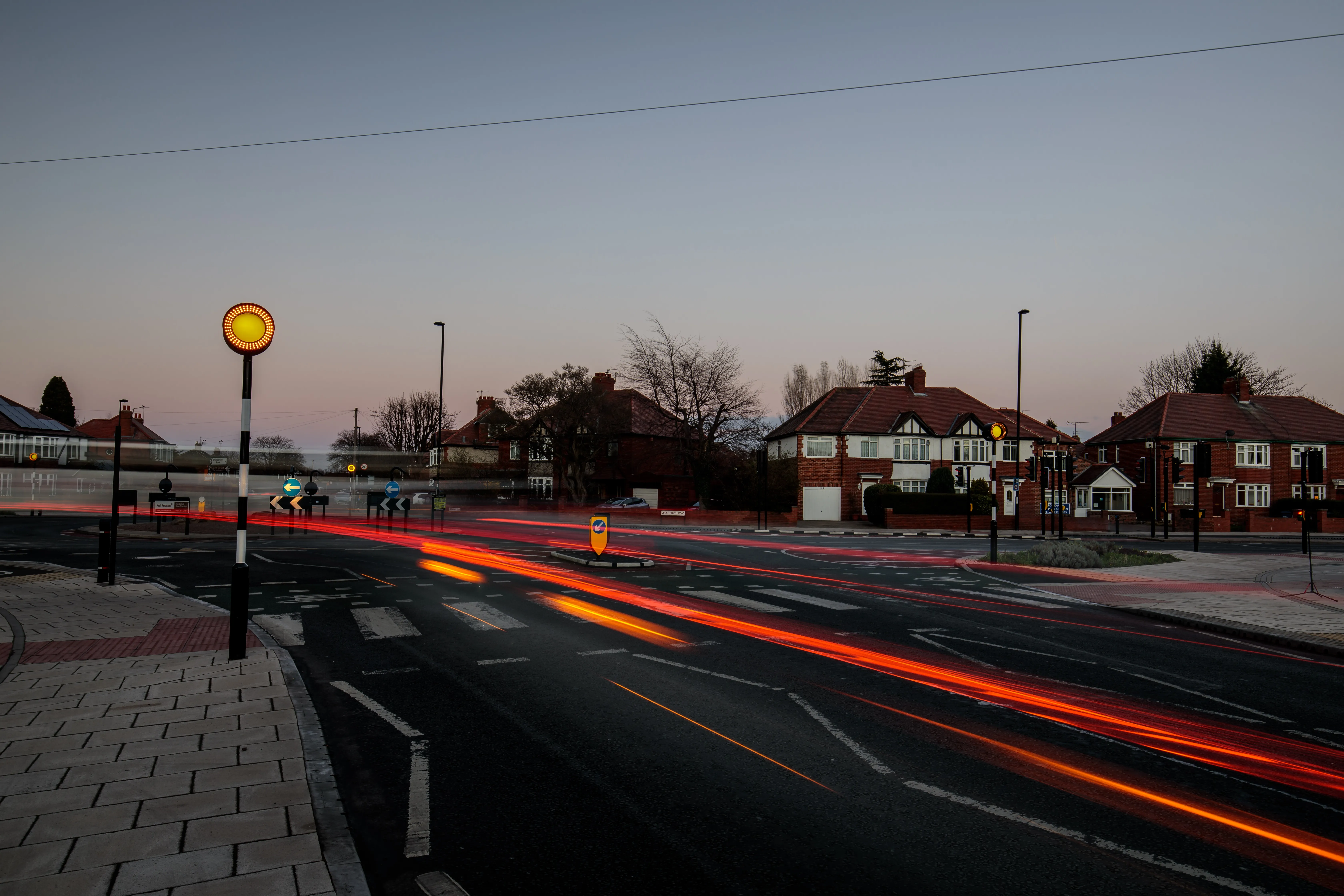Sensys Gatso Group has received an order worth US$3 million (28 million SEK) from the Swedish Transport Administration.
November 7, 2016
Read time: 1 min
This order covers systems and cabinets for traffic safety cameras to be established at new locations during 2017. Installation and commissioning of the traffic safety cameras is not included in this order and will be ordered separately in 2017 as the roll-out plan progresses. Deliveries are expected during the second half of 2017.









